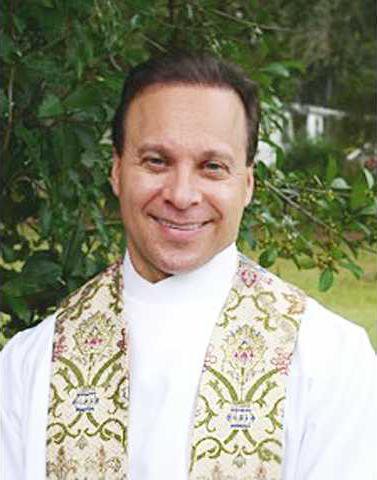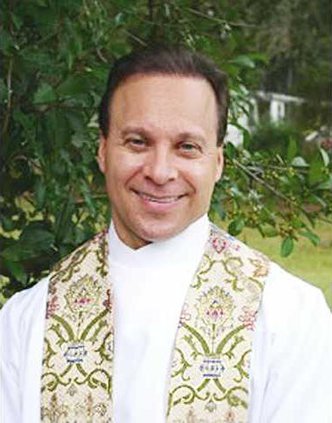Recently, I was asked to share my administrative and managerial philosophies with others. One question posed to me was a first: “What are your non-negotiables?” While I certainly have those things I simply cannot bend on, I have never quite crystallized them or put them in writing.
The very next day, I was invited to participate in an inter-faith event in Savannah. I considered the benefits and possible pitfalls for my involvement, choosing to participate because I saw more of the former than the latter. But in my deliberation, and with this idea of “non-negotiables” in mind, I found myself considering my Christian non-negotiables.
The phrase alone sounds harsh, doesn’t it? Non-negotiable. Can’t go there. Won’t bend. Absolutely no compromise. If I verbalize a Christian non-negotiable, will someone call me intolerant? Would they be right?
I suppose a person could argue that Jesus broke rules, and therefore we shouldn’t be too quick to be rigid in ours. But then again, Jesus appeared to have non-negotiables as well. “No one comes to the Father except by me,” I take to mean “no one.” Really isn’t room there for negotiation or compromise.
For me, and as a Christian, I have identified at least two non-negotiables. First, I do take Jesus at His word. Other than faith in Jesus as personal savior, I cannot accept any other means through which a person can be justified before our holy God and attain eternal life.
Second, I cannot contradict the clear word of God. That is, even considering contextual differences, there are themes systematically strewn throughout the Bible that are clear. In those things, I cannot support anything other than God’s Word. For instance, I cannot, on my own accord, decide that something is bad when God clearly says it is good, or good when God clearly says it is bad.
And I have what I believe is good reason for that. To me, this respect for God’s Word and how we live our life comes from the Bible’s very first description of sin. Even if you are not a Biblical literalist and simply view the account of Adam, Eve, and Satan as a figurative story God describes through the Biblical writers, you can at least agree that this account has meaning because it is the way God wants us to understand sin — actions that miss the mark and are not part of His will.
In the account of the temptation of Eve and the Fall of humankind, Satan uses a very interesting argument to get Eve to capitulate and sin. Read Genesis 3:1-4 again when you can. It’s a wonderful depiction of an eternal truth.
Notice what Satan asked Eve: “Did God really say…?” In other words, “God has His agenda for telling you that, and He knows that is not true,” or, “Maybe that’s not what He meant,” or, “Perhaps you misunderstood God.” The implication is obvious no matter how you look at the account of the Fall: As soon as you begin to doubt “what God really said” — especially when it is clear — you begin a slide into sin. Nothing has changed since the Fall. And that is why I simply cannot bend on God’s Word.
What I have found interesting is that this little exercise of mine was, at least initially, about what I could not do, what my faith was not about. Yet, in the end, by defining my Christian non-negotiables, I found myself identifying what my faith is. By saying, “My faith is not this,” I more clearly see what my faith is.
What are your Christian non-negotiables? Upon identifying and verbalizing what you cannot accept, perhaps you will better understand what you have accepted.





